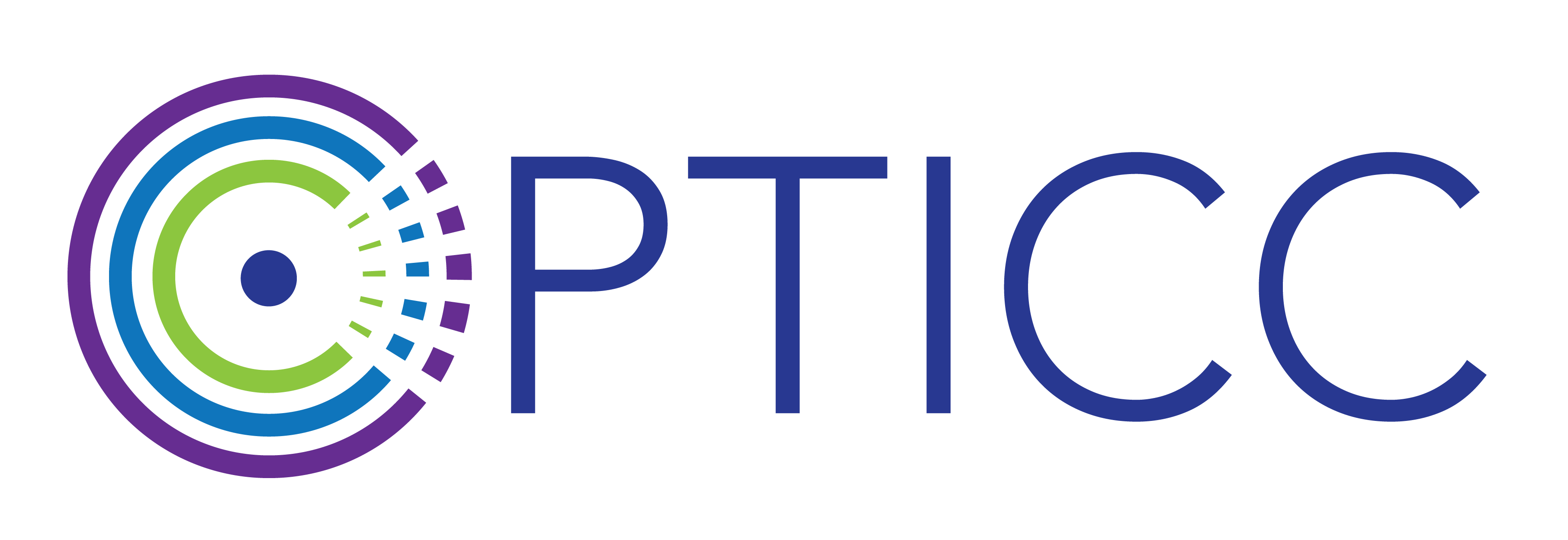Our Mission
Optimized evidence-based intervention implementation
Optimization happens when strategies employed to implement evidence-based interventions truly address key barriers in the specific settings in which implementation occurs, and when those strategies reflect the best possible methods to address those barriers.

Barriers to optimization
For implementation science to support optimized evidence-based intervention implementation in cancer control, these critical barriers must be addressed:
METHODS
Underdeveloped methods for barrier identification and prioritization
KNOWLEDGE
Incomplete knowledge of implementation strategy mechanisms
USE
Underutilization of existing methods for optimizing strategies
MEASUREMENT
Poor measurement of implementation constructs
Addressing barriers to optimization
The goal of the OPTICC Center is to address critical barriers to optimization by:
METHODS
Improving methods for identifying and prioritizing barriers in settings where cancer control evidence-based interventions are delivered
KNOWLEDGE
Improving methods for matching implementation strategies to high-priority barriers to evidence-based implementation
USE
Optimizing implementation strategies for large-scale evaluation and use in community and clinical cancer-control settings
A Tri-Institution Partnership
The OPTICC Center is a strategic collaboration of the University of Washington, Kaiser Permanente Washington Health Research Institute, and the Fred Hutchinson Cancer Center
Learn more about our research
The OPTICC Center is creating new knowledge to advance implementation science in cancer control, generating preliminary data for future investigations, and informing future research questions and methods. See below for details on the four OPTICC Center formative research studies.




